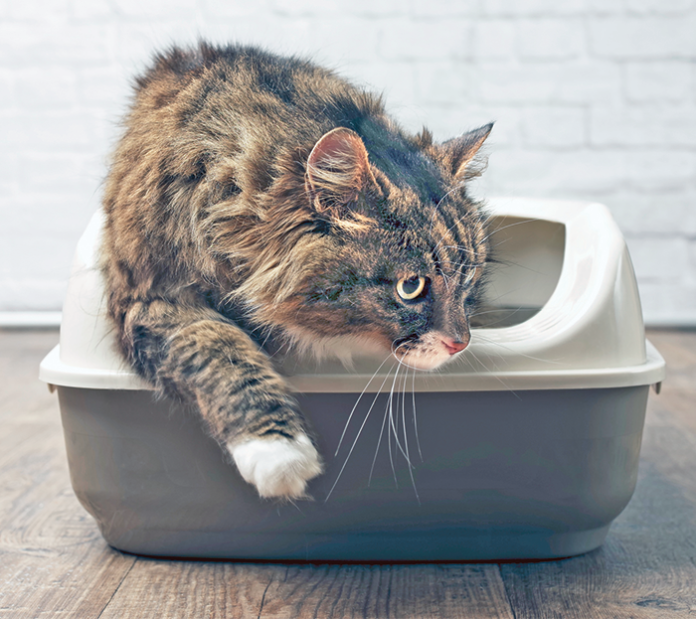I recently took my FIV-positive cat, Leo, to a veterinarian to ask about his frequent diarrhea. It is not totally liquid but varies from almost liquid to somewhat formed. My veterinarian discussed possible dietary modifications that may be helpful if this is due to a food allergy, but she also suggested that she may have to “scope” him to find the cause of the problem.
I have read a lot about FIV cats, and it seems that they do oftentimes live with diarrhea.
I decided to add a probiotic and it has improved quite a bit, but still he has some diarrhea. My question is what the scope entails and whether it may be helpful in caring for Leo.
Thanks for getting in touch, and I hope both you and Leo are doing well. Chronic diarrhea can be caused by a number of problems in cats, and it is true that FIV-positive cats may suffer from diarrhea for prolonged periods of time. It is believed that the immunodeficiency that may occur as a result of their FIV infections may predispose them to bacterial and/or fungal infections that can affect their gastrointestinal (GI) tracts.
Endoscopy (“scoping”) refers to the use of a flexible fiber-optic camera that can be passed in to the GI tract to visualize and evaluate the various regions of the tract and to obtain samples for biopsy or culture. This procedure requires general anesthesia, but as long as Leo is otherwise healthy, anesthetic risks can likely be minimized to an acceptable level, even in a cat that is FIV positive.
Two common causes of chronic diarrhea in cats are inflammatory bowel disease (IBD) and GI lymphoma. IBD is a condition in which the walls of the GI tract become inflamed, likely due to an overactive immune system responding to components of the diet (see “IBD Is Chronic GI Inflammation” in our November 2019 issue and online at catwatchnewsletter.com). GI lymphoma is a form of cancer that is more common in cats that are infected with feline leukemia virus.
Distinguishing between these two diseases can be difficult, and while there are some less invasive markers (i.e., B vitamin levels in the blood) that can be helpful in this regard, the only definitive way to diagnose these conditions is via biopsy of the GI tract. Biopsies can be obtained either by performing surgery—in which the abdominal wall is opened, and samples are obtained from the outside of the exposed intestine—or via endoscopy, during which samples can be obtained from inside the GI tract.
While both these procedures require general anesthesia, one major benefit of obtaining samples of the GI tract via endoscopy is that no incisions into the abdominal wall are necessary, thereby facilitating relatively quick recovery when compared to abdominal surgery.
Of course, there are other things that can cause diarrhea in cats, but I imagine that the distinction between IBD and GI lymphoma (two common causes of diarrhea in cats) may be the reason that your veterinarian is discussing endoscopy as a potential diagnostic option.
I recommend that you continue to work closely with your veterinarian to address Leo’s diarrhea, and if all other potential causes are ruled out, it may well be that endoscopy is a reasonable recommendation to arrive at a definitive answer.
Best regards to both you and Leo from all of us here at the Feline Health Center at Cornell, and best wishes for a quick resolution and answer regarding the cause of his current problem. Please send us an update when you can.
All My Best,
Elizabeth




